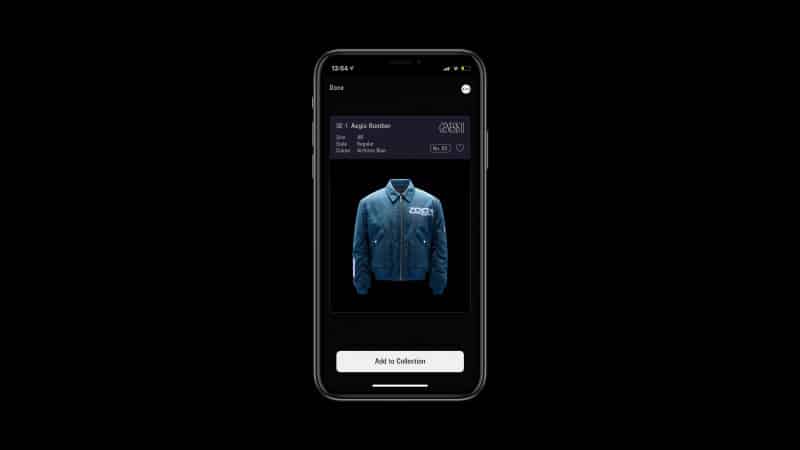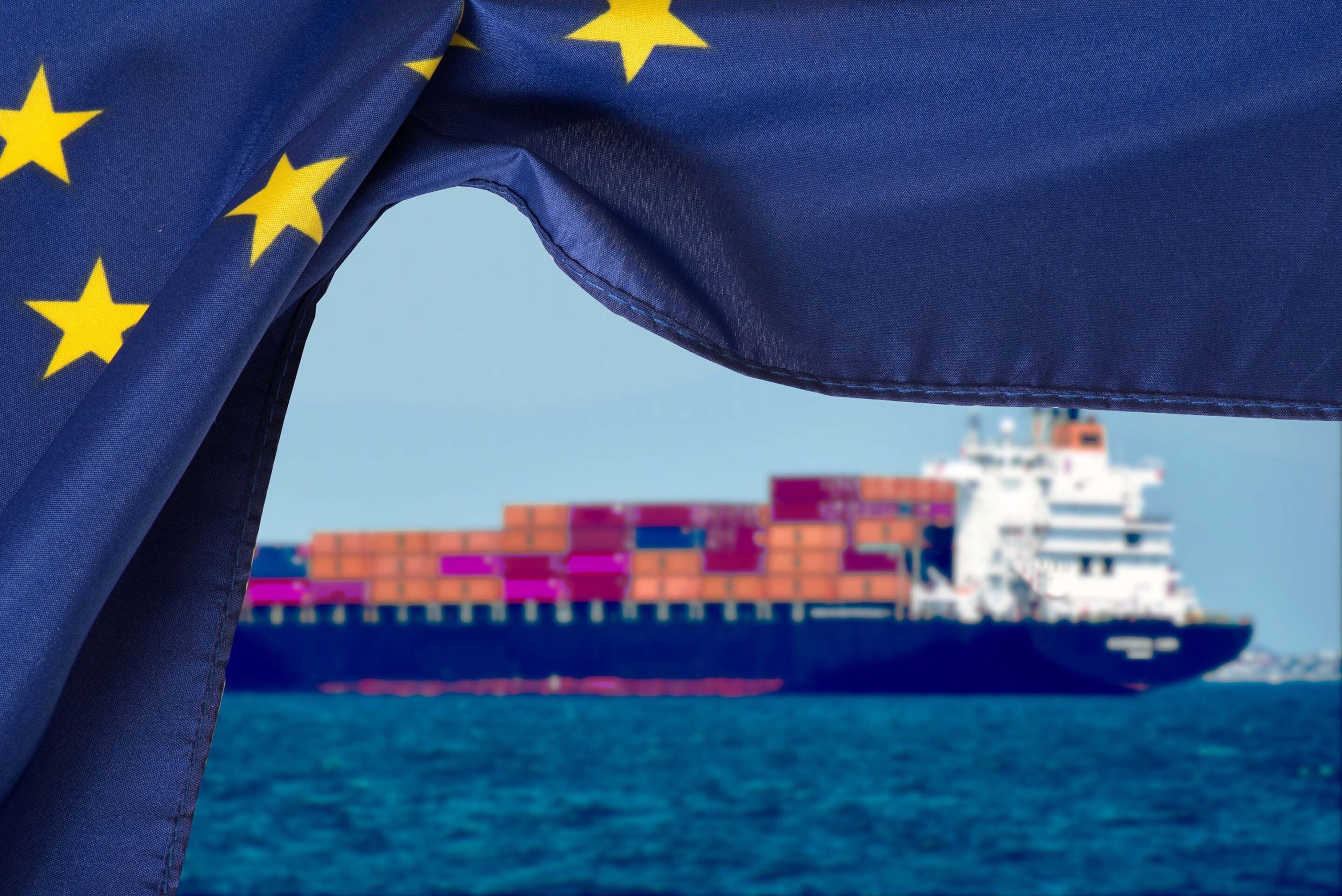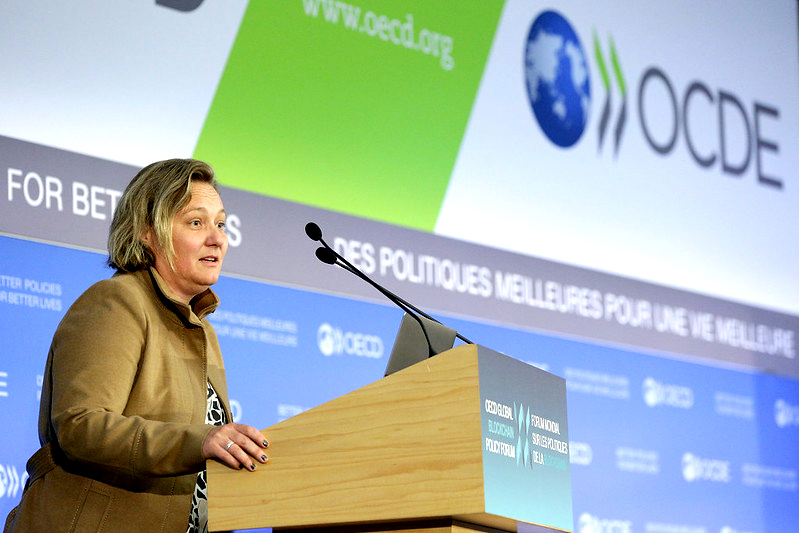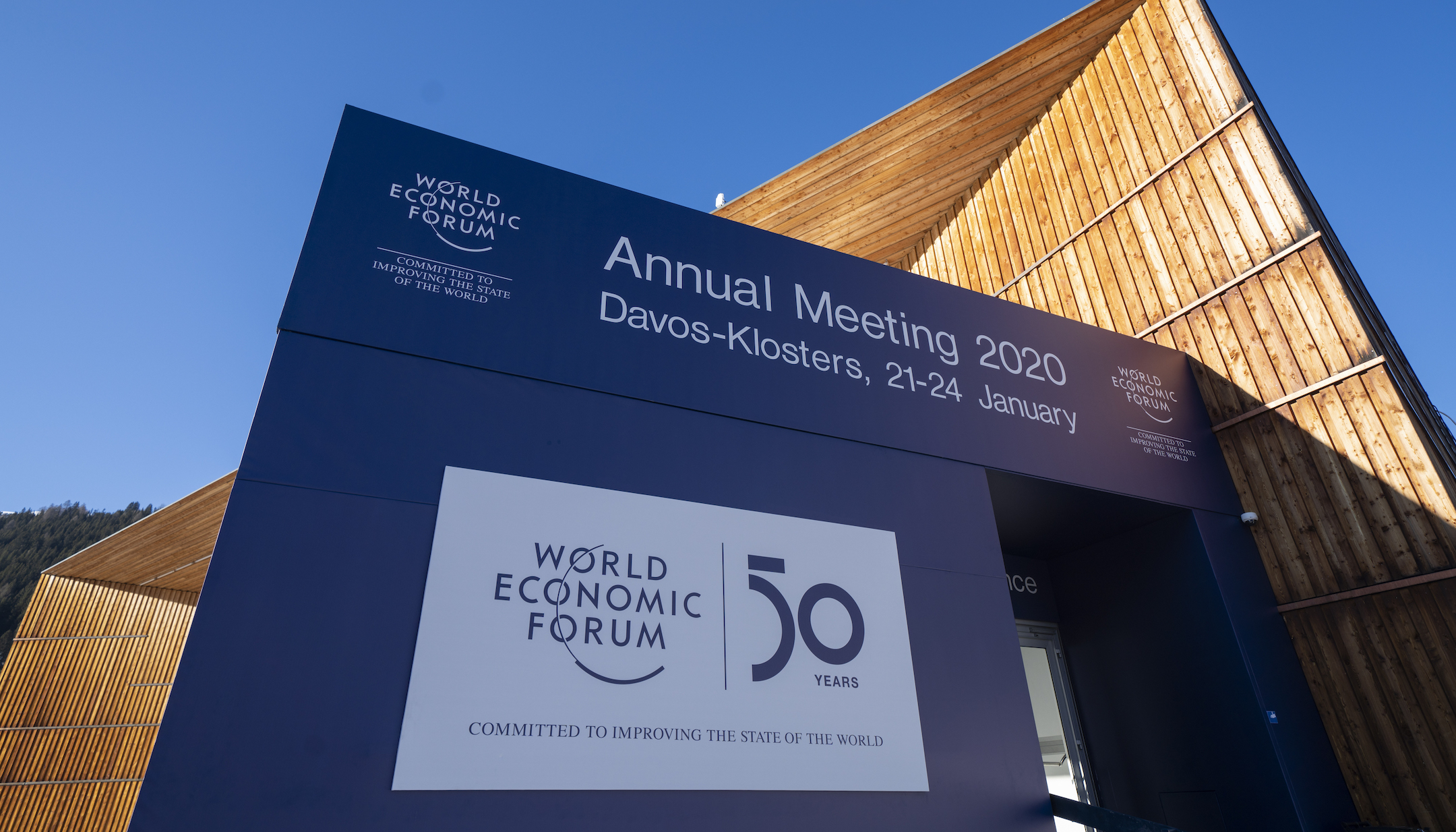The fast-growing consumer desire for sustainable clothing is increasing demand for blockchain apparel solutions that allow brands to communicate traceability and ethical sourcing.
The luxury apparel industry is adapting to three key challenges. Firstly, there is the rapid growth of counterfeiting, which has grown into a global and highly-sophisticated market worth billions of dollars. The Global Brand Counterfeiting Report has recently estimated losses of nearly $100 billion, demonstrating the growing extent of counterfeiting in luxury goods.
Protecting brand authenticity has therefore rapidly risen up the business agenda. When products from a fashion label are counterfeited, reputations built on craft, origin, and quality are inevitably tarnished. The leading brands must find new ways of reassuring customers that they are buying the genuine article.
Next, environmentalism is now a key driver of choice in the market. According to IBM’s US Retail Index for 2020, sustainability has hit a tipping point with global sustainable and environmentally responsible investment up by 68 percent to exceed USD 30 trillion. “More and more, awareness of global environmental issues is changing the habits of consumers wherever they live. These attitudes are driving brand choice. Over 7 in 10 consumers say it’s at least moderately important that brands offer “clean” products (78 percent), are sustainable and environmentally responsible (77 percent), support recycling (76 percent), or use natural ingredients (72 percent),” found the report.
The narrative around fast fashion – associated with opaque supply chains, unsustainable sourcing, high water usage and global transportation – has tarnished the whole industry. Brands feel compelled to put distance between themselves and the ‘bad apples’, by demonstrating that their raw materials, and especially products such as animal skin, are fully traceable to sustainable and high-welfare sources.
The snowball effect of complex supply chains is becoming a brand headache. Even those companies that manage their provenance carefully can become tainted by growing consumer suspicion about a sector.
Finally, media stories have highlighted the human impact of improper worker rights and working conditions. For brands using precious materials, such as gold and gemstones, there is an added expectation to prove that this bling comes from non-conflict mines. Saying so doesn’t make it so. The burden of evidence is with the manufacturers.
How do blockchain apparel solutions power transparency in luxury fashion?
Digital provenance has emerged as a way of helping apparel brands to counter the threats of counterfeiting, demonstrate their sustainable and ethical credentials, and also differentiate in a competitive market. By creating a unique digital identity for every product – a digital twin – its lifetime journey can be traced on the immutable blockchain from raw material to design and sale, and then resale and recycling, depending on the brand’s needs.
Supply chains are famous for their complexity, with a vast network of manufacturers, warehouses, transport depots, communication channels and logistic providers, each managing their own databases and logistics. Blockchain connects the apparel supply chain with a real-time flow of data, replacing fragmented data with a single, immutable ledger that is visible to all permitted parties. This allows retailers to build more customer-centric supply chains that prioritise authentication and trust.
Therefore, consumers can learn easily where the cotton or silk for a garment came from, who designed it, where it was manufactured, and who owned it before them. The Everledger Platform uses blockchain – as well as other technologies such as Near-Field Communication (NFC) and Internet of Things (IoT) – to give apparel and luxury brands the confidence to stand behind the goods that bear their name. The private blockchain allows secure records and accessibility to end consumers.
Contact our team to find out more
Using blockchain to shine a light on the apparel supply chain
How does this work in practice? MCQ, a fashion label that was relaunched last year by Alexander McQueen, provides a useful case study. The label harnesses blockchain and IoT to demonstrate its sustainability commitments and unite customers around a shared passion: sustainable luxury fashion.
Under the leadership of MCQ, Everledger has developed the tech integration throughout the brand’s supply chain, products and online consumer experience. And in partnership with Temera, a leader in IoT technology for the fashion industry, this collaboration has furthered the adoption of an easy-to-experience and seamless technology that accelerates the journey to more circular and sustainable fashion. NFC chips fuse the physical clothes with their digital twins, which are then recorded on the Everledger blockchain platform for ultimate data security.
MCQ has designed the unique MYMCQ concept, a blockchain-powered tech platform implemented by Everledger, which enables designers and consumers to securely register and trade items of clothing designed by a hand-picked selection of designers. MYMCQ offers a focus point for a community of like-minded individuals, who share an interest in the label. Everledger’s technology enables the creation of a secure and permanent digital record of each clothing item on the blockchain.

Could blockchain solutions transform the luxury apparel industry?
Besides the extra security of the technology, consumers enjoy an improved user experience, as the entire life cycle for each garment is available online, from when and where it was designed, to the first purchase, and even resale. Consumers can be confident they’re purchasing authentic items, regardless of whether they’re being sold directly from MCQ or peer-to-peer, helping to combat counterfeit luxury goods. By enabling the easy resale of items between consumers, MCQ hopes to encourage a more mindful consumerism.
Every collaborator in the story of each MCQ garment is credited for their contribution, and every consumer is invited to take the full value of their products, creating a new ecosystem for those engaged with the brand. Each item is registered on the blockchain platform, blending technology and design.
This revolutionary approach for the fashion industry allows our partner to tell a unique and unchangeable story about every garment. Equipped with the authenticity enabled by blockchain, customers can buy, collect and sell items with 100% certainty that each one is one-of-a-kind and made by people who take real pride in working for the brand.
Which blockchain solutions are best for the apparel industry?
It is not every day that we see the birth of a brand, let alone one that connects two worlds: fashion and technology. The MYMCQ platform is an outstanding achievement by the visionaries at MCQ and a very dedicated group of people that turned that future into reality.
We’re honoured to be part of a project that will change the fashion industry forever, and for the better. More circular, more sustainable, more connected with their end consumers.
In an age when brand loyalty is low and customer experience is vital, any hurdle in providing trustworthy information about a product’s provenance and characteristics can create friction for customers at the time of purchase.
By surfacing more accurate information, Everledger is helping the luxury and apparel industries to function with efficiency, improving the experience for brands and customers alike. Fashion houses, retailers and consumers can come together behind a more unified and trustworthy set of reliable information.
Our blockchain and IoT solutions allow all stakeholders to make informed decisions, claim authenticity, track ownership, and improve customer experience like never before. Everyone wins with ever more transparency.










